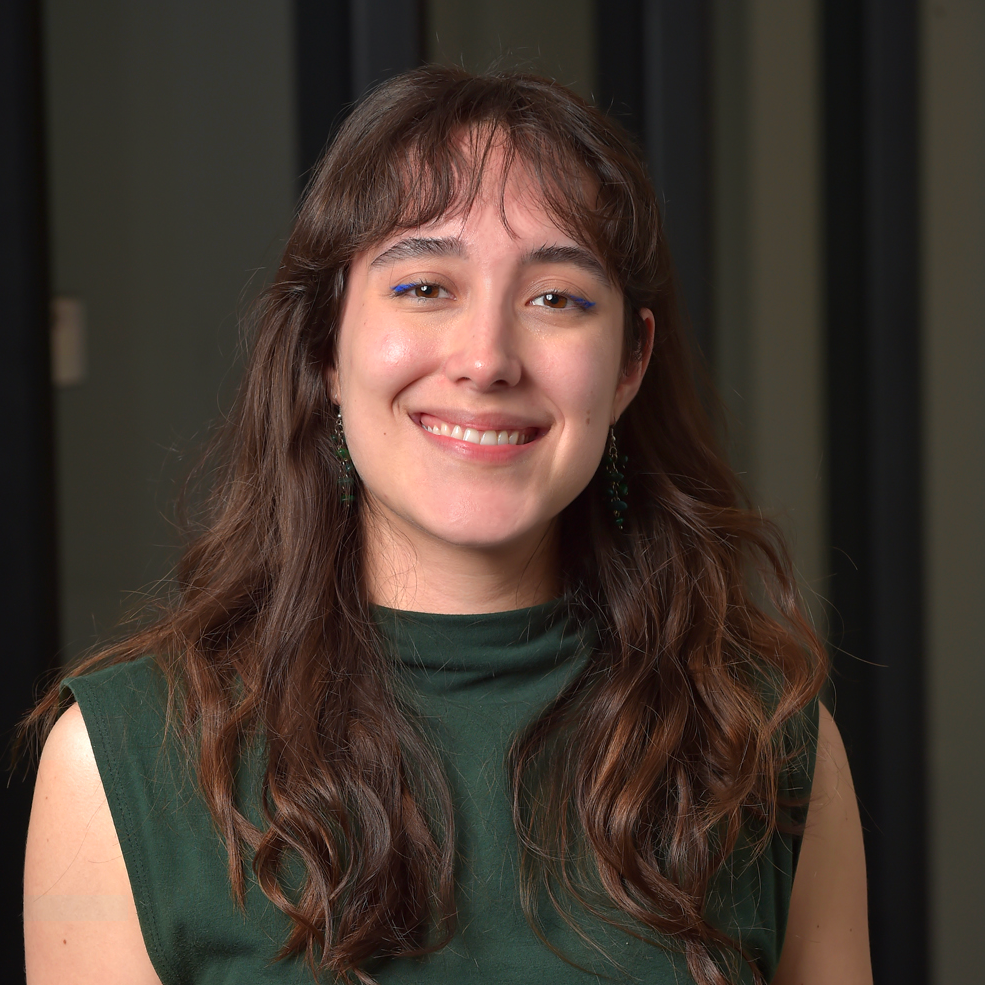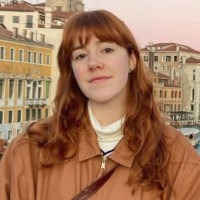Teaching Experience
Rutgers Richard J. Plano Outstanding
Teaching Assistant Award 2024
Instructor & Teaching Assistant Roles
Independent Instructor — Rutgers University
PHY 110: Astronomy and Cosmology (Summer 2023)
Designed and taught an online, synchronous introductory course on the structure of the universe and astronomical methods.
Teaching Assistant — Rutgers University
PHY 115/116: Extended Analytical Physics (2019–2020)
Led active-learning recitations for an introductory mechanics sequence for engineering majors.
The course, developed by Physics Education Researchers, supported underrepresented and underprepared students and transitioned online during COVID-19.
PHY 341, 441/541, and 272 (2020–2022)
Graded and guest lectured for upper-level courses in astrophysics, stellar evolution, and electromagnetism for undergraduate and master’s students.
Completed the Developing Educational Leaders among TAs in Physics (DELTA-P) seminar in Fall 2019.
Physics Teacher — The Westminster Schools, Atlanta GA (2018–2019)
Taught Honors and Regular 9th-grade Physics, designing all curricula, labs, and assessments with an emphasis on hands-on, collaborative learning.
Coached the state-champion FIRST Robotics Team and co-taught a January-term Game Design course.
Instructor in Physics — Phillips Academy, Andover MA (2017–2018)
Taught PHY 400 – College Physics and PHY 440 – Astronomy (11th–12th grade), incorporating telescope observing sessions and data analysis.
Served as dorm counselor and mentor, and contributed to the Gender Studies Advisory Board to promote equity in STEM.
Undergraduate Teaching Assistant — California Institute of Technology (2016–2017)
Assisted in PHY 6: Intermediate Physics Laboratory, teaching instrument use, data analysis, and propagation of experimental uncertainty.
Teaching Assistant & Residential Mentor — Summer Science Program (SSP)
University of Colorado Boulder (2016); New Mexico Tech (2017)
Taught and supervised 36 high-school students per site in a residential astrophysics research program.

